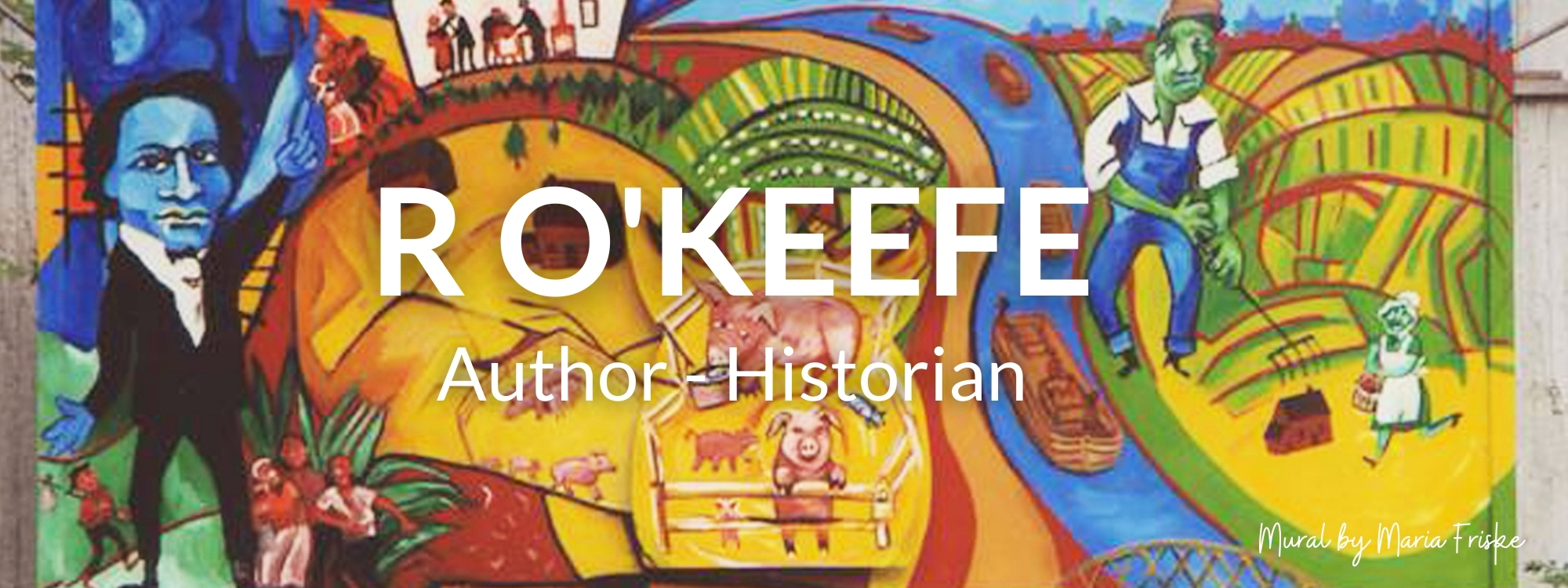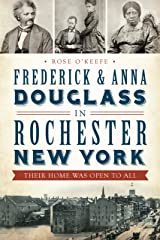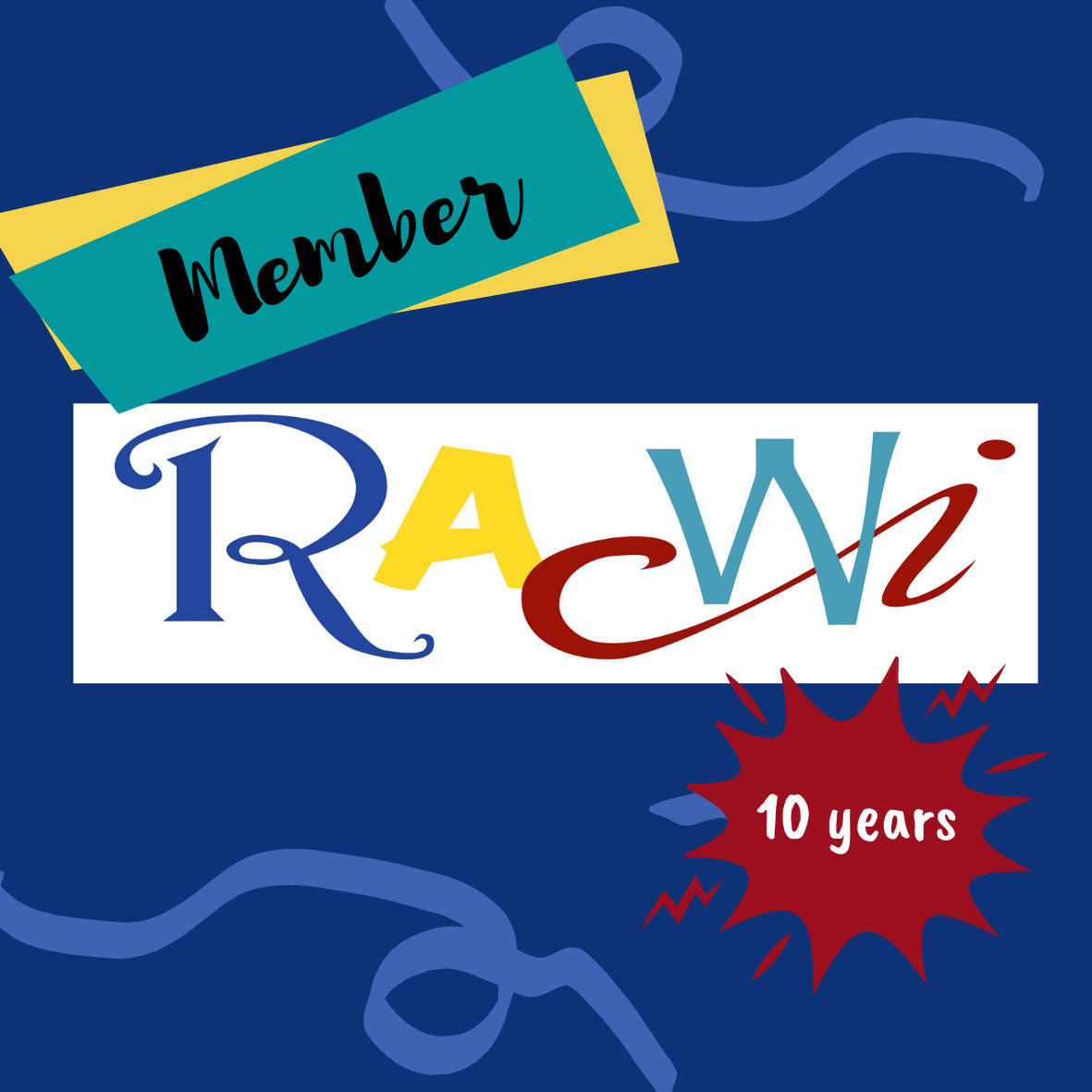Personal posts by public historian, Rose O'Keefe
To-Do List
I usually have a to-do list. Now that my husband and I are downsizing, my list has grown if not exploded making it harder to stay on top of my goal of reading all the Newbery Award winners. I have about 30 to go, but I’ve been sidelined by books that I plan to let go of, like two of Shel Silverstein’s: A Light in the Attic (1981) and Falling Up (1996). They brought back fond memories from our children’s school days.
Workable Solutions
After reading the “Your Turn” article in Sunday’s Rochester Democrat & Chronicle, “Support the Rights of All to Grieve and Protest” by Mical Raz and Nora Rubal, my husband handed it to me to read, saying it was good. I agreed, it was.
Full Circle
Saturday, while sitting by my card table at Boulder Coffee Café, one of the first people to stop by was former city photographer Ira Srole. Ira pointed to the top of the cover of my third book, Historic Genesee Country, and said he took that picture. I told him that was the first picture I ever saved on what turned out to be many long dark winter evenings scrolling through the Rochester Public Library’s online images and I still had it in my photos files. Wow. After retiring from the city a few years ago, Ira now works full time at the George Eastman Museum. He also writes plays and has one pending about the upcoming solar eclipse this coming spring.
Farewells
While sorting my books to let some go, I gave in to the temptation to re-read a few. Runnin’ Crazy, (1996) by then Rochester City Historian Ruth Rosenberg-Naparsteck with Edward P. Curtis Jr., took me by surprise. I’m sure I’d looked at the old photos after I bought it at a history talk in 2008. This time, I read all the text and felt so touched by the last-page description of the authors by the late historian Shirley Cox-Husted.
Magazines
When I had to rest up after surgery eight months ago, magazines, like the monthly CITY, brightened my day – and still do. The November 2023 issue on food and drink had a lively blend of photos of people and food, and the events calendar was so entertaining. Jeff Spevak’s “End of an Error” gave a memorable overview of his 44-year career.
Our Big Day
Last night I heard acclaimed author Lesa Cline Ransome speak at our monthly RACWI meeting. Rochester Area Children’s Writers and Illustrators organizes the Children's Book Festival to be held tomorrow at Monroe Community College, and she was guest speaker ahead of our big day. Cline Ransome gave a powerful and humorous view of her writing career.
The Love of Books
I am looking forward to Rochester Children’s Book Festival this Saturday Nov. 4 at MCC from 10 am. to 4 p.m. In the morning, I will listen to other wonderful authors. Starting at 1 p.m., I will sign my books, and at 3:20 I will give a talk on “Why the Frederick Douglass family moved to Rochester.” A books lovers’ heaven.
The Proof
It was a pleasure to receive the paperback proof for All Rights for All: Working for Justice on Wednesday. They say, “The proof of the pudding is in the eating,” and it looked good to me. The link through Amazon is https://rokeefehistory.com/product/all-rights-for-all-working-for-justice.
On Kindness
A kind friend told me that on Amazon you have to click through "Read More" to see the links https://rokeefehistory.com/product/all-rights-for-all-working-for-justice. Got it.
Since the fruit on the pawpaw trees in our backyard have started to ripen, I have to check them for drops and those still hanging. Pawpaws are a fussier than avocados for being edible only when exactly ripe. You have to peel the skin, remove the large seeds, and then it’s best to mash the pulp with lemon juice. The flavor is so intense, it can be a bit much, but the mash is good for smoothies or to use instead of bananas in banana bread recipes.
So Many Books
BirchBark Bookshop is a locally-owned store in an old barn in Parishville, NY that carries 75,000 used books on never-ending shelves. It’s open from 1-6 p.m. Saturdays and Sundays all year, and the day we visited was as glorious an autumn day in the North Country as you could wish for. After asking what I was reading, the owner steered me to the YA section where I chose Misty of Chincoteague and Sea Star: Orphan of Chincoteague, both by Marguerite Henry. Misty received a 1948 Newbery Honor Award, and Sea Star which came out in 1949 told of the filming of the wild-horse round up, and later led to a movie.
Congratulations!
Congratulations to my good friend Joanne Russo Insull on her latest book: 43 Windthorpe Road. Three of us, who read through many revisions of this YA mystery, agreed we couldn’t wait to read it!
Hits and a Miss
USA TODAY’s insert for Woman of the Year in the Sept. 12 paper started with Quannah Chasinghorse, an amazing woman who has become an environmental activist, model and Native American advocate. Others honored included famous women like Goldie Hawn and Michelle Obama, and lesser knowns like a NASA astronaut, a deaf and LGBTQ+ college president, a professor, an actress, an LGBTQ+ governor, and a Chinese-American author. I didn’t read all the state honorees, but the NYS woman whose niece died in the supermarket murders in Buffalo last year, made me pause.
Touching Stories
In A Gathering of Days: A New England Girl’s Journal 1830-32, Joan W. Blos’s 1980 Newbery Award winner, 13-year-old Catherine is the mother-of-the-house for her widowed father and younger sister in New Hampshire. Her entry for January 1831 told of the sisters bundling up to watch eleven teams of oxen clear country roads after heavy snows. The day ended with their father using his axe to break off chunks of frozen soup to thaw for the evening meal. Catherine’s friendship with a neighbor, school and church attendance, weddings and deaths were honestly told.
The Six Month Mark
Last week, I passed the six-month mark after heart surgery by doing things I couldn’t have imagined at the end of February. Biggest on my to-do list was getting back to rowing on the Genesee River with my teammates on ROCCREW Naiades Rowing Over Cancer. It was as good as I remembered and much harder. What made me think I could row in June? I really enjoy cardiac rehab with the great team at URMC at Canal View Boulevard but as prepared as I was, it was still an effort. Even so, being an experienced rower in a learn-to-row boat introducing the sport to others was wonderful!
Summery Days
Saturday was a gorgeous summer day – sunny, breezy and just right. My good day was made even better by reading two books that I hadn’t expected to like.
To my surprise, the first page of A Visit to William Blake’s Inn: Poems for Innocent and Experienced Travelers (1981) by Nancy Willard, drew me in immediately. The marvelous illustrations by Alice and Martin Provensen kept me fascinated the whole read. This Newbery-Award winner was imaginative and oh-so clever.
Catching Up
Shattered Dreams: The Lost and Canceled Space Missions (2019) by Colin Burgess was a good-but-slow-read. I got it from the library to read about cosmonaut-journalist Svetlana Omeklchenko’s story because she wrote a book about UFOs. I didn’t find her book, but I wanted to learn more about her.
The Need to Know
After my family moved to France when I was 7, I went to a French Catholic girls' school. Four years later when we moved back to the same suburban house, parish and grammar school, I read, wrote and thought in French better than English and was out of step with my classmates.
Up Close and Personal
On July 15, I had the privilege of hearing Kenneth Morris Jr., share how he became involved in the work that he does. He spoke at a Frederick Douglass Week event at Anna Murray Douglass Academy in Rochester, New York. Morris and his mother, Nettie Washington Douglass, are direct descendants of Frederick Douglass and Booker T. Washington. He shared what moved him to stop exploitation of children around the world, and she added beautifully to his remarks. This goal of ending trafficking led them to found the Frederick Douglass Family Initiative (FDFI) in 2007.
Reading Goals
What We Like
As my family sorted books lately, a favorite surfaced: The Man Who Planted Trees: A Story by Jean Giono (1985/2005). To my amazement it was like reading it for the first time. Most likely I skipped over the foreword by Wangari Maathi, skipped the afterword, and read only the touching story with magnificent wood engravings by Michael McCurdy. Now I know what a world changer Maathi was and eagerly read about reforestation.



